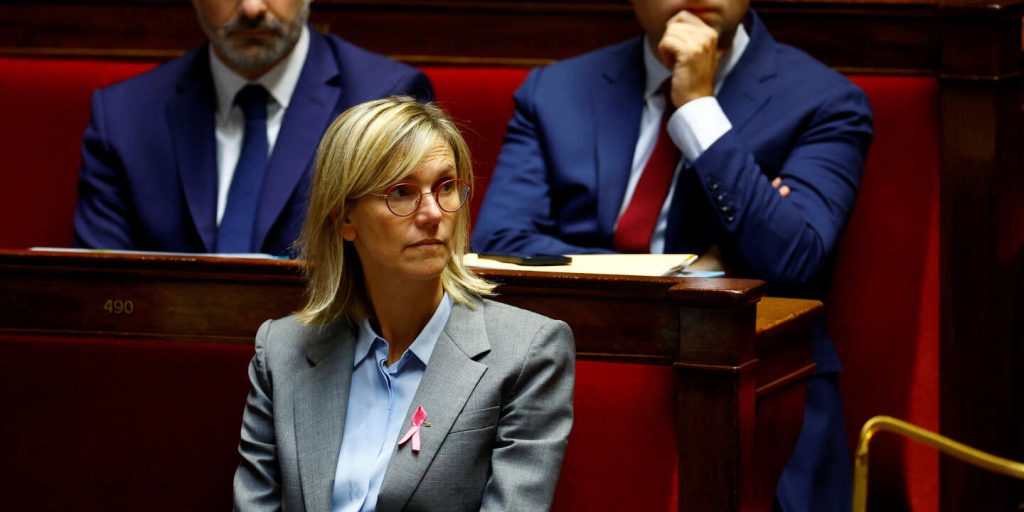The Minister of Ecological Transition and Energy has expressed concerns about the potential consequences of raising taxes on electricity in France. She highlighted the risk of imposing additional financial burdens on low-income families and businesses if the tax hike exceeds a certain threshold. This warning comes as the government seeks to implement policies that promote sustainable energy practices and reduce carbon emissions.
The minister’s statement reflects a delicate balancing act between the need to incentivize environmentally-friendly behaviors and the importance of ensuring affordability for all citizens. While higher taxes on electricity may discourage wasteful usage and encourage efficiency, it is crucial to consider the potential impact on vulnerable populations who may already struggle to cover basic living expenses. The minister’s remarks suggest a commitment to a holistic approach to eco-friendly policies that take into account social and economic considerations.
Raising taxes on electricity is a contentious issue that needs to be carefully evaluated in the context of broader energy and environmental policies. While the goal of reducing carbon emissions and promoting green energy is laudable, it is essential to avoid imposing disproportionate burdens on those who can least afford it. The minister’s warning serves as a reminder of the complex trade-offs involved in transitioning to a more sustainable energy system and the need for thoughtful, evidence-based decision-making.
The minister’s concerns about the impact of increased electricity taxes on the most vulnerable members of society also underscore the interplay between environmental policy and social justice. As the government seeks to meet its climate goals and shift towards renewable energy sources, it must also consider strategies to protect disadvantaged groups from additional financial strain. This will require a concerted effort to design policies that not only promote sustainability but also promote equity and ensure that no one is left behind in the transition to a greener economy.
In light of these considerations, the government may need to explore alternative approaches to reducing carbon emissions and promoting energy efficiency that do not disproportionately burden low-income households. This could involve targeted subsidies or incentives for renewable energy adoption, as well as investments in energy efficiency programs that help all citizens reduce their electricity consumption. By taking a comprehensive and inclusive approach to energy and environmental policy, the government can work towards a more sustainable future that benefits all members of society.
Ultimately, the minister’s warning about the risks of raising taxes on electricity underscores the importance of striking a balance between environmental goals and social considerations in policy-making. As France continues its efforts to transition towards a greener economy, it must prioritize solutions that promote sustainability while also ensuring affordability and equity for all citizens. By addressing the potential impacts of policy decisions on vulnerable populations, the government can create a more inclusive and effective approach to environmental governance that benefits both the planet and its people.


